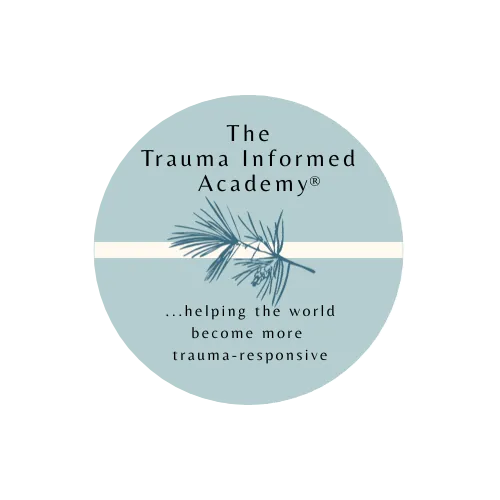

Managing the impact of trauma in workplace
There are some very simple norms around managing trauma when it shows up in the workplace. Whether it’s death or disaster, crises come to work with the people who experience them.
While there may be a natural, and appropriate temporary dimming or confusion in their performance--what anyone would experience--customers, suppliers, and stakeholders still expect the business to go on. Many times, they want it to go on as if nothing happened.
These norms can help you give trauma a seat at the table without having to convert your office into a clinic.
1. Assume everyone has been or will be overwhelmed by something sometime. They’ll fear for their sanity, their life, or maybe just their bodily integrity because of natural disasters, medical crises, abuse, loss by death, crime, war, marginalization, and more.
2. Assume everyone reacts differently even if two experiences share a common name. Factors like age at the time of the event, development, support, culture, whether the event was one-time or chronic; an individual, group, or mass event? These and more influence each person’s reaction.
3. Accept the fact that up to only 25% of the people who experience something traumatic develop PTSD. About 8 out of 10 don’t develop a clinical disorder. They face, embrace, and resolve the distress the event caused and return to their world, changed. Mental distress doesn’t mean mental disorder. Neither does discomfort.
4. Improve Emotional Intelligence skills through the trauma-responsive lens. It’s always better to dig a well before you get thirsty. Make talent development and trauma-responsive emotional intelligence a cultural requirement.
Of course, it’s more than this--it’s change, it changes resilience, and it means learning and practicing very specific skills. It’s a frame, and it can take a little time to adopt it. Even when folks do, it takes more time for it to become second nature.
We’d love to tell you more!



Email our Admin:
©Copyright 2025 EPower & Associates, Inc. All Rights Reserved.
Privacy Policy | Terms of Use
Featured On...


